
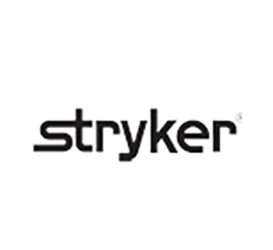
With more than 50 years in the medical device space, SERF SAS is recognized for its innovations in hip implants, including the invention of the original Dual Mobility Cup.

With more than 50 years in the medical device space, SERF SAS is recognized for its innovations in hip implants, including the invention of the original Dual Mobility Cup.

Traditional screening tests suffer from a range of challenges. From logistical barriers to concerns regarding accuracy and reliability, achieving accurate diagnosis is frequently arduous. Imagine a revolutionary approach where early disease screening becomes as simple as collecting a breath sample. Thanks to cutting-edge sensor technology and advanced artificial intelligence, this vision is now on the brink of realization.
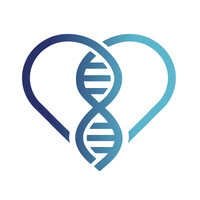
Cardio Diagnostics announced issuance of new U.S. Patent for “Compositions and Methods for Detecting Predisposition to Cardiovascular Disease.”

The Joint Commission and Kaiser Permanente are accepting applications now through April 30 for the 2024 Bernard J. Tyson National Award for Excellence in Pursuit of Healthcare Equity. The award recognizes major achievements in improving healthcare disparities.
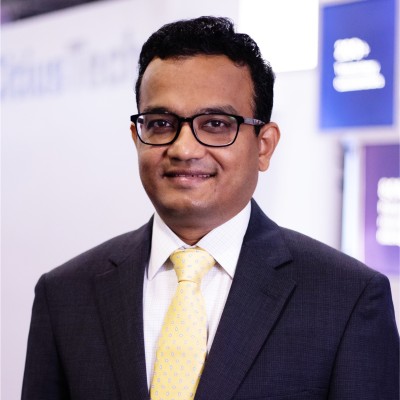
Emerging technologies, integrated vendor ecosystems and enhanced regulatory compliance will redefine care delivery and shape the needs of healthcare stakeholders. Following are six healthcare technology trends that will shape care delivery and the MedTech market in 2024.
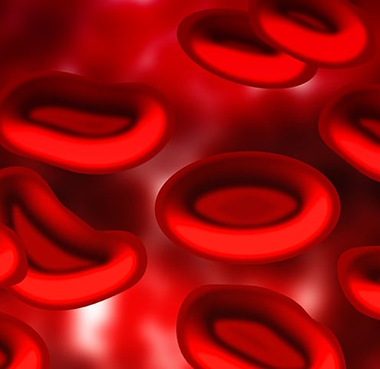
Casgevy, a cell-based gene therapy for transfusion-dependent beta-thalassemia that utilizes CRISPR/Cas9 technology, was approved by the FDA following its application through the Fast Track and Regenerative Medicine Advanced Therapy (RMAT) programs.
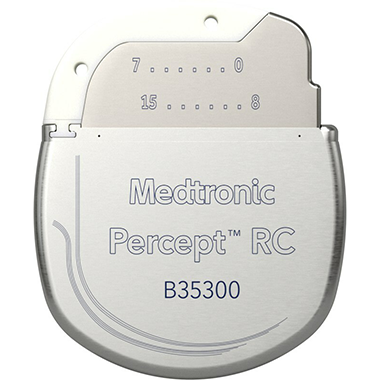
The surgically implanted neurostimulators transmit electrical signals to specific brain targets affected by neurological disorders to control tremors. The Percept RC is equipped with BrainSense technology that captures and records brain signals to provide insights that enable a healthcare provider to adapt and personalize therapy.

A recent survey by the AMA showed that practicing physicians are equally excited and concerned about the increased use of AI in health care, with enthusiasm for technologies that reduce administrative burden and enhance diagnostic ability and concern for patient privacy, liability and erosion of the patient-physician relationship.

Patient adherence is critical to maximizing the benefits of medical wearables. In this article, we look at the key challenges to patient adherence in clinical trials and healthcare settings, and how device developers, researchers and providers can collaborate to harness the full benefits of wearables.
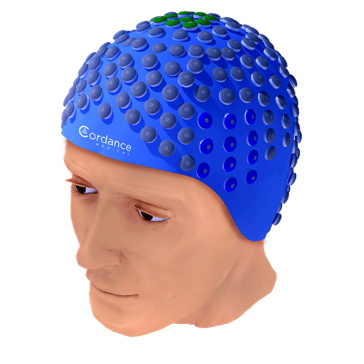
The NeuroAccess technology employs focused ultrasound in combination with microbubbles to open the blood-brain barrier in a safe, temporary and noninvasive manner.